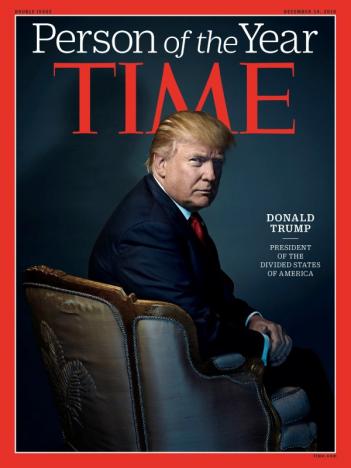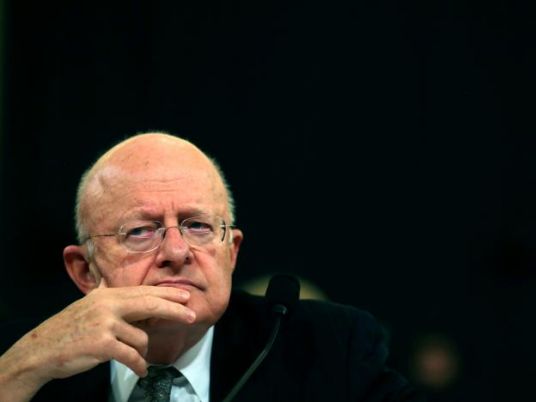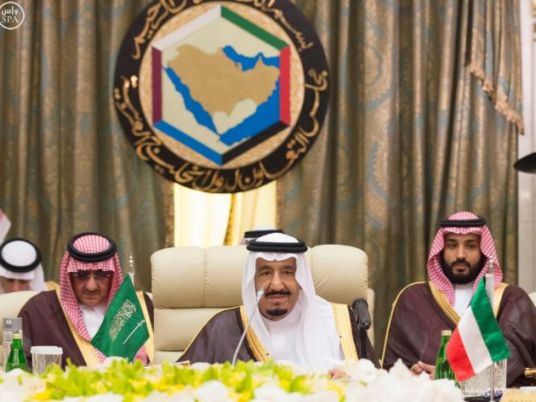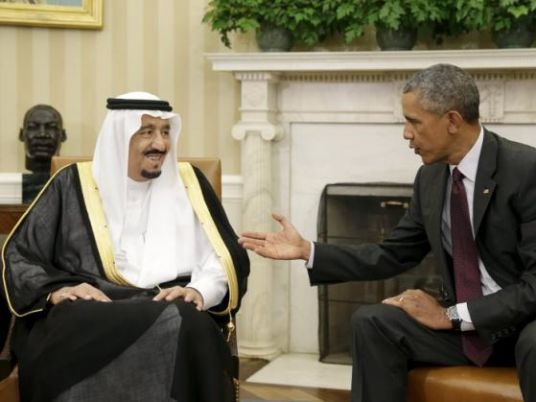Fifteen prominent Egyptian businessmen are returning home today after attending US President Barack Obama’s summit on entrepreneurship in Washington DC, which wrapped up yesterday. Meanwhile, in Egypt, some view Obama’s motives–and the summit itself–with skepticism.
The two-day event, aimed at creating support networks and building partnerships to help promote economic development in the Middle East and the wider Islamic world, brought together 250 businesspeople from over 50 countries, including 15 from Egypt, the largest delegation of any country.
One of the steps promised by Obama in his Cairo speech to the Islamic world last June, the summit ostensibly represents an effort to strengthen ties between Muslim-majority countries and the US.
“Trade between the United States and Muslim-majority countries has grown,” Obama said in introductory remarks. “But all this trade combined is still only about the same as our trade with one country–Mexico.”
Alongside business experts, participating delegates exchanged ideas and shared experiences. But for journalist and activist Nawara Negm, the conference was little more than a disingenuous maneuver by Obama, which masked his true intention to further US imperial ambitions in the Middle East and the world.
“Egypt is a poor, weak dictatorship and it had delegates meeting groups of people, some of them belonging to very powerful, democratic countries,” said Negm. “This kind of cooperation cannot help Egypt at all. A 30-year-old man cannot cooperate with a 14-year-old boy–the man will end up patronizing the boy.”
She added that the attendance of Israeli delegates at the summit reinforced the impression of a group of superpowers uniting to overpower weaker states.
“We are a very weak country, thanks to the Mubarak regime,” said Negm. “We need to empower ourselves through partnerships with each other in Egypt before we cooperate with others.”
In his speech, Obama promised to “bring business and social entrepreneurs from Muslim-majority countries to the United States and send their American counterparts to learn from [their] countries.” Negm, though, views the arrangement with suspicion.
“What does Obama want from our civil society?” she asked. “He says that Mubarak is a very important ally, and we don’t want to upset him. He isn’t a supporter of democracy, at least not for Egypt.”
In closing remarks, US Secretary of State Hillary Clinton announced the launch of the Global Entrepreneurship Program’s first pilot program in Egypt, to be coordinated by a team of entrepreneurs from USAID.
Egypt was also at the center of several other initiatives announced by Clinton, including new partnerships with two California-based organizations founded by US venture capitalists and business leaders. Both are expected to launch in Egypt, Jordan, Lebanon, Turkey and Malaysia.
Event participants were selected through countries’ respective US embassies, which identified local entrepreneurs they viewed as prominent and innovative. A website was also set up through which anyone from around the world could apply to attend the summit. Over 1,000 nominations were received this way, according to Pradeep Ramamurthy, senior director for global engagement at the US National Security Council.
“We obviously had to reduce that list,” Ramamurthy explained in a webchat with international media. “And we used a number of criteria to look at who has greatest potential, and ended up with a really diverse list.”
The list of Egyptian businessmen that attended the summit included Mohamed el-Sawy, Amr Gohar, Abdel Meneim el-Rafei and Ayman Asfour.
In Egypt, meanwhile, the US Embassy in Cairo organized an event to coincide with the Washington summit’s April 26 launch, to which it invited Egyptian entrepreneurs, business leaders, financiers and members of the media to network and attend a panel discussion about the potential for increased cooperation between the private and public sectors in the US and Egypt. Approximately 175 people attended the event, according to a US embassy official.
Egypt




